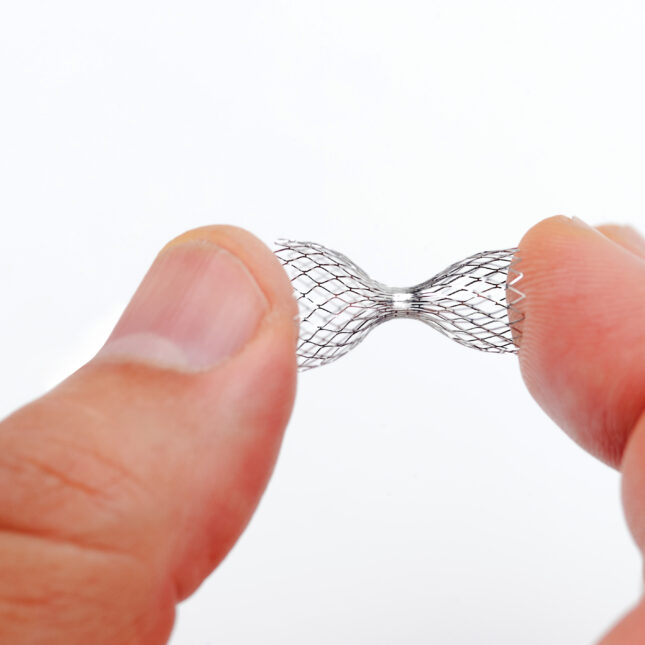
A fully independent clinical trial researchers thought might disprove a cardiac device made by Shockwave Medical, the company that Johnson & Johnson is buying for $13 billion, ended up providing some support for the device’s utility.
The data, presented Monday at the annual meeting of the American College of Cardiology and published in The Lancet, could bolster the case for the device, which is available in Europe and the U.K. but was previously rejected by the U.S. Food and Drug Administration.
But the results are also complicated, because, technically, though the study does show that the device reduced angina, the chest pain caused by heart disease, it also failed.
The device, called a coronary sinus reducer, is meant to reduce chest pain by forcing blood backward through the heart’s veins. The primary goal of the small trial was to use magnetic resonance imaging to see if this happened.

This article is exclusive to STAT+ subscribers
Unlock this article — and get additional analysis of the technologies disrupting health care — by subscribing to STAT+.
Already have an account? Log in
Already have an account? Log in
To submit a correction request, please visit our Contact Us page.











STAT encourages you to share your voice. We welcome your commentary, criticism, and expertise on our subscriber-only platform, STAT+ Connect